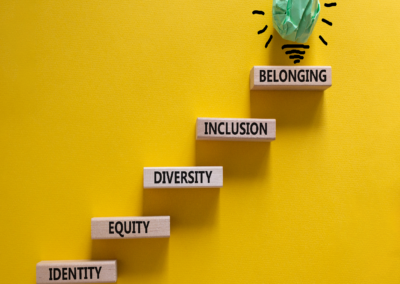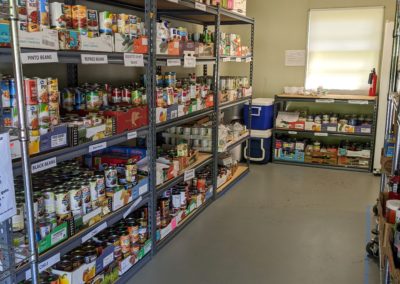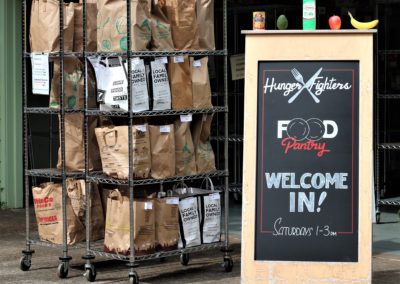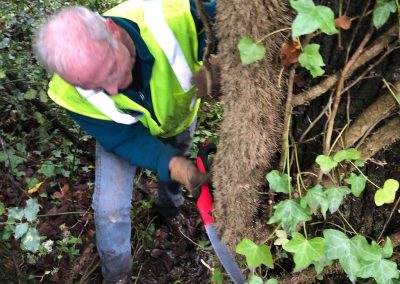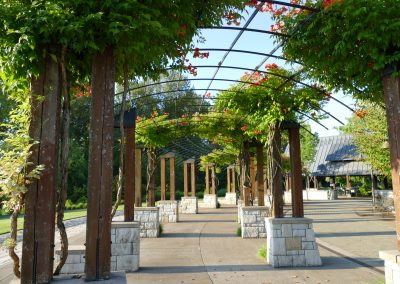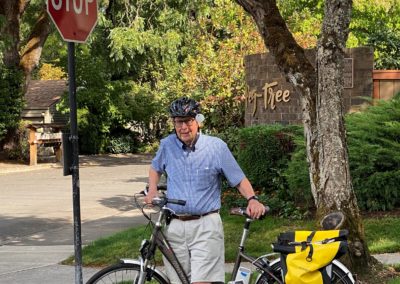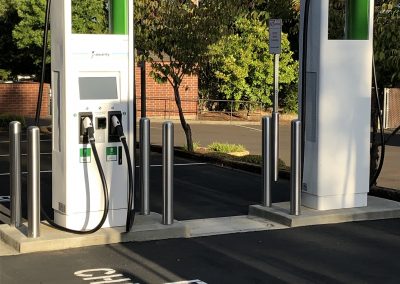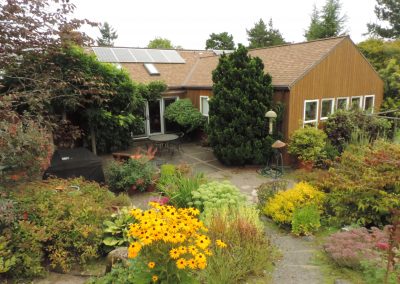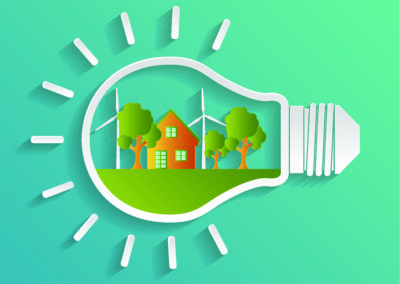LOSN Sustainability Insider March 2021 LOSN Board Note: This newsletter features sustainability and climate action work led by our partner, the Oswego Lake Watershed Council (OLWC) with our Natural Resources Action Team. Note: the format of our newsletter has changed....
Diversity, Equity, Inclusion
Diversity, Equity, and Inclusion
Overview
Social equity, along with the environment and economic vitality, is one of the three pillars of sustainability. LOSN’s focus on diversity, equity and inclusion incorporates a strong social equity component.
Goals
Create a more diverse, equitable and inclusive community. Embed diversity, equity and inclusion in the LOSN organization.
Partners
Projects
- Collaborate Candidate forums with Respond to Racism to sponsor Candidate forums
- Work internally with the LOSN board to embed DEI thinking in LOSN activities and action teams.
- Organize a quarterly reading group for LOSN and DEI action teams on topics relevant to DEI and sustainability
Areas of Interest
- Educate the community through partnership programs with the LO library.
- Develop relationships with other social equity groups and groups that represent non-dominate races (such as LO For Love, interfaith connections, Hunger Fighters, the Latinx community, and the Asian community)
- Promote dialogue between diverse constituents on thorny issues (such as race and low-income housing)
Contact
Dorothy Atwood datwood@losn.org
Leaders
- Linda Ganzini
- Esther Schwartz
- Lisa Adatto
- Dorothy Atwood
